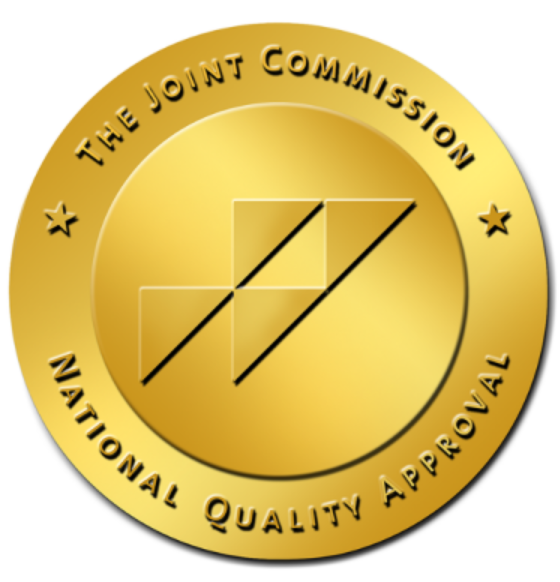Do I Have Obsessive-Compulsive Disorder?
What Is OCD and How Is This Unique Anxiety Disorder Treated?
Obsessive-Compulsive Disorder (OCD) is a unique type of mental health issue that causes significant anxiety around irrational phobias for a person. According to the National Institue of Mental Health (NIMH), OCD is characterized by the presence of either obsessions, compulsions, or a combination:
- Obsessions: Repeated thoughts, urges, or mental images that seem uncontrollable and cause anxiety. These thoughts, urges, or mental images cause a person to fear that they will “lose control” and act out the harmful ideas. Some common examples include:
- Aggressive thought about oneself, loved ones, or others
- Unwanted thoughts about taboo subjects or forbidden behaviors, usually going against one’s morals and principles
- Preoccupation with cleanliness and a fear of germs or contamination
- Need for things to be perfect, orderly, or symmetrical to feel relaxed
- Compulsions: Repetitive behaviors that are a person executes with the false hope of relieving anxiety. Often, the compulsive behaviors have no rational basis for solving problems, cause feelings of shame, and increase a person’s anxiety.
- “Checking” compulsions, like repeated making sure that lights are turned off, a door is locked, or an appliance is turned off
- Excessive cleaning or handwashing
- Rearranging and reordering things in a particular way
- Counting compulsions, like preoccupations with specific numbers or needing to complete mundane tasks a certain number of times before feeling “just right”
- Thoughts can also be compulsive when a person tries to “think away” their bad or distressing thoughts
Like all other types of mental health disorders, these behaviors can be somewhat normal to a degree. For example, having aggressive thoughts when angry or organizing a workspace might not indicate that a person has OCD. When determining whether these thoughts or behaviors constitute a disorder, they need to significantly impact a person’s ability to function normally and diminish their overall quality of life.
Sometimes, people with OCD develop addictions as a means of coping with their symptoms. Create Recovery Center of West Los Angeles can help those suffering from a dual-diagnosis of addiction and OCD. We believe that addressing the underlying causes of addiction is the best approach to recovery and treatment!





